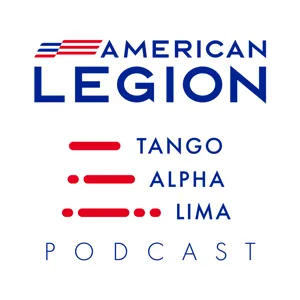Looking to draw in more clients and extend your worldwide network with minimal marketing?
Todays guest, Lindsey, a clinical dietitian with a passion for patient care in Calgary. She's a dog enthusiast, outdoor explorer, and the driving force behind the Dietitian Directory, your go-to source for RDs in North America.
Whether it's sports nutrition, pregnancy, heart health, or more, Lindsey's vision is to connect people with the perfect dietitian.
Visit www.dietitiandirectory.com and enjoy 12 months of free access by using promo code '2023Free'
If you are an RD, RD2B or nutrition coach interested in learning more about how you can start and grow your nutrition business, we’d like to invite you to join us in our Facebook group where you can receive additional resources and trainings to help you on your journey. Click the link to join: https://thepracticerevolution.co/groupo
Additional information:
If you are tired of trying to figure out this game of business, marketing, and sales, all on your own, and you are ready to just implement what's already proven to work, rather than reinventing the wheel, schedule a COMPLIMENTARY game plan call with us by heading over to the link below right now and there you will find over $7,000 worth of trainings, resources, and coaching available only for our followers of this show.
https://thepracticerevolution.co/gameplanp
Stay up to date with The Practice Revolution for upcoming events by following us on Instagram @thepracticerevolution
https://www.instagram.com/thepracticerevolution/







